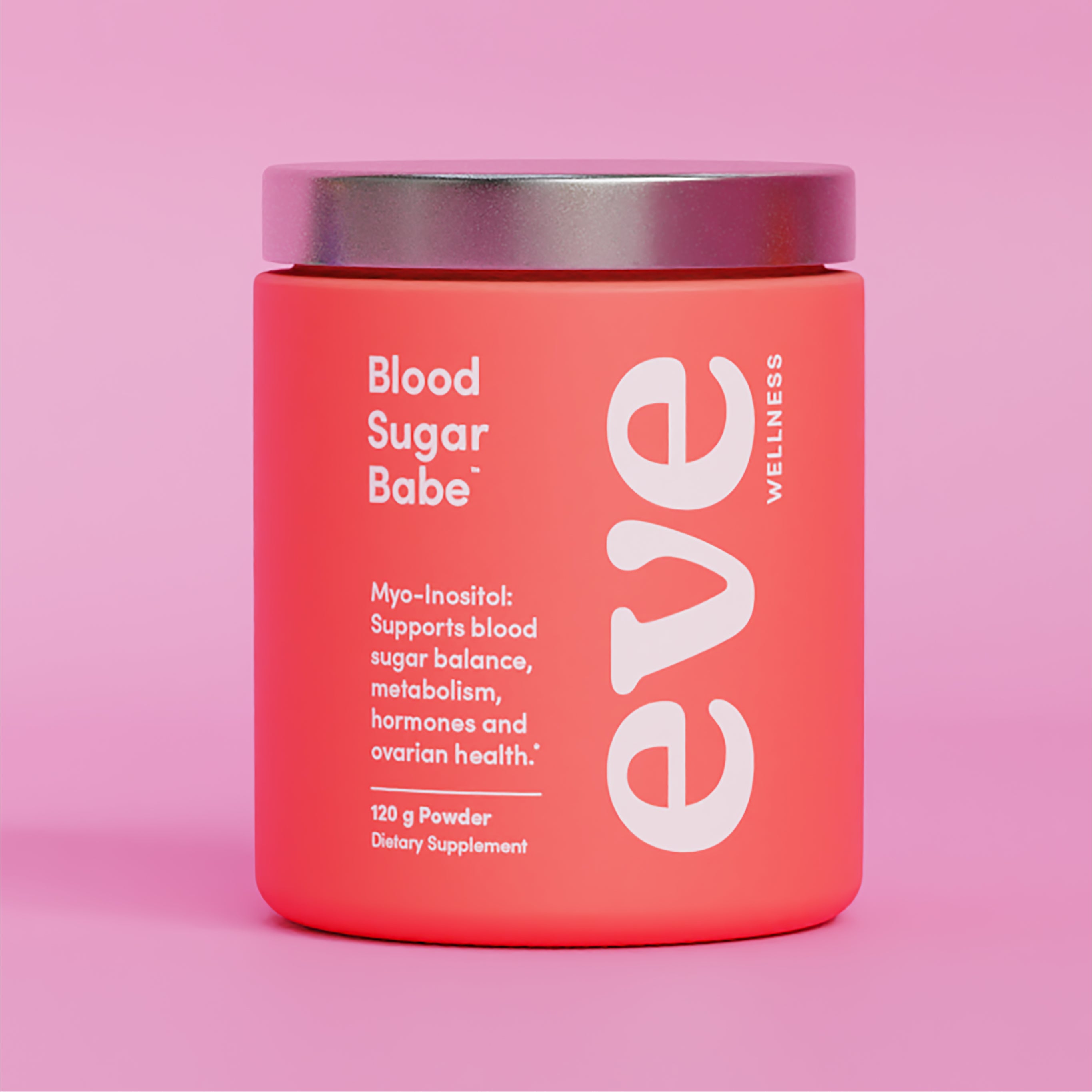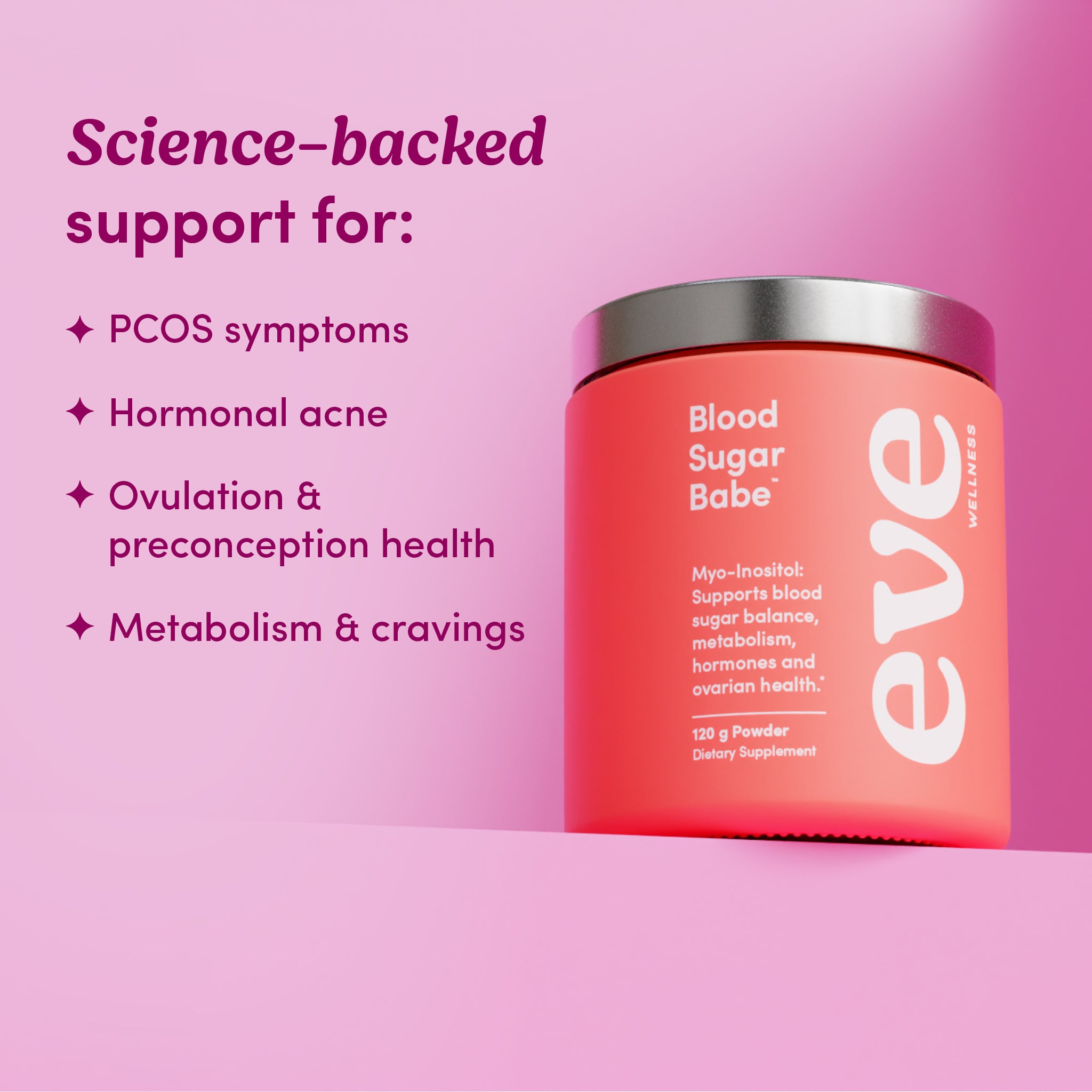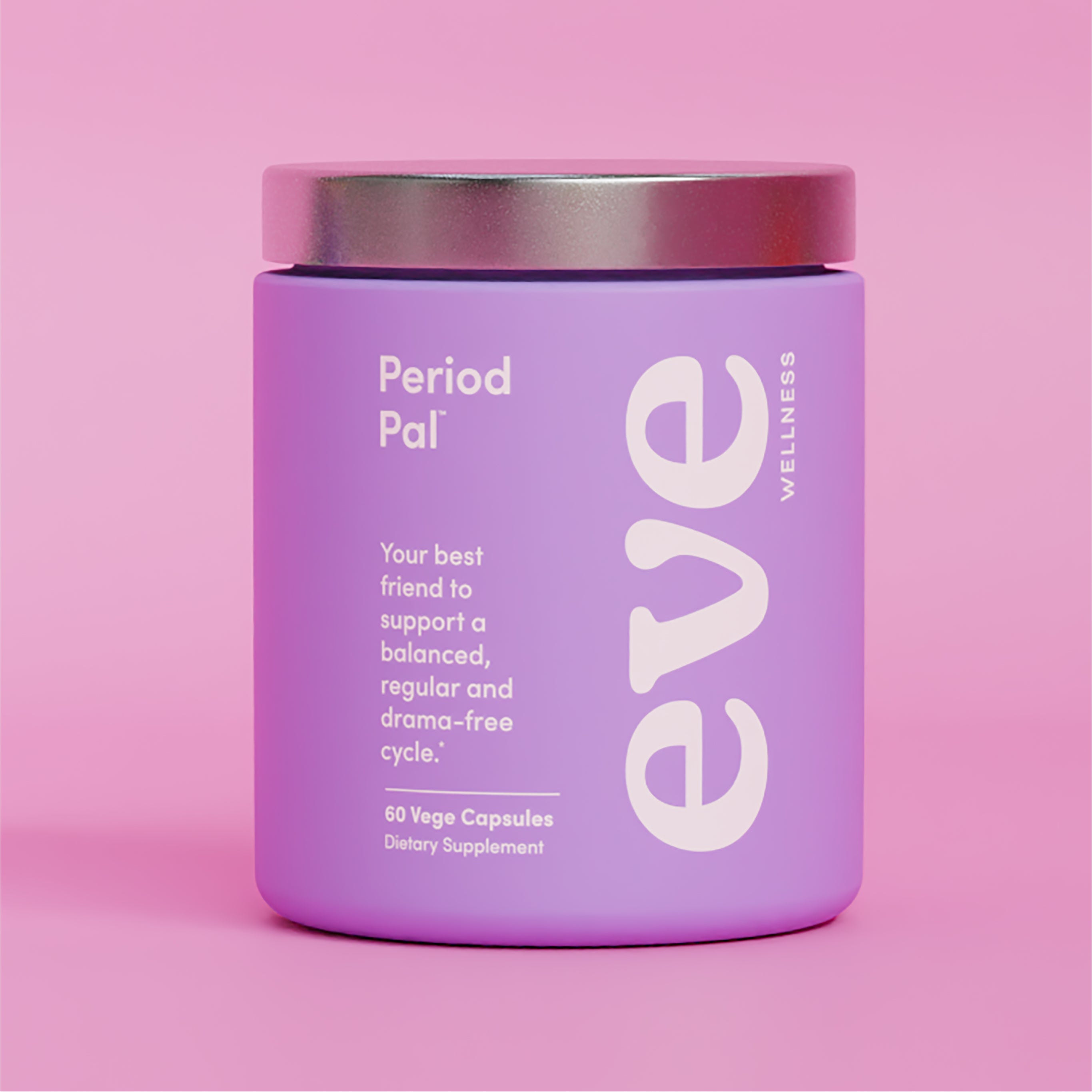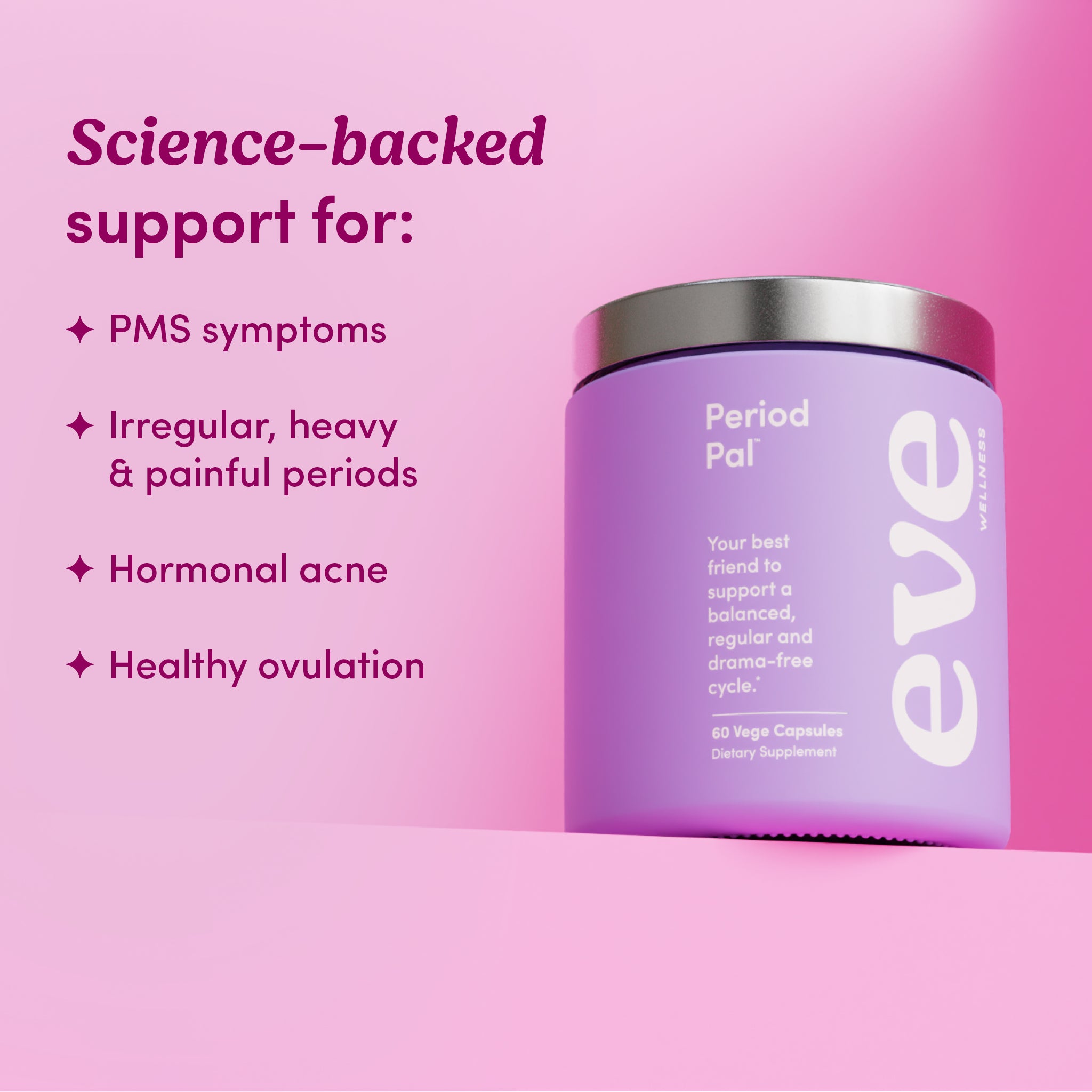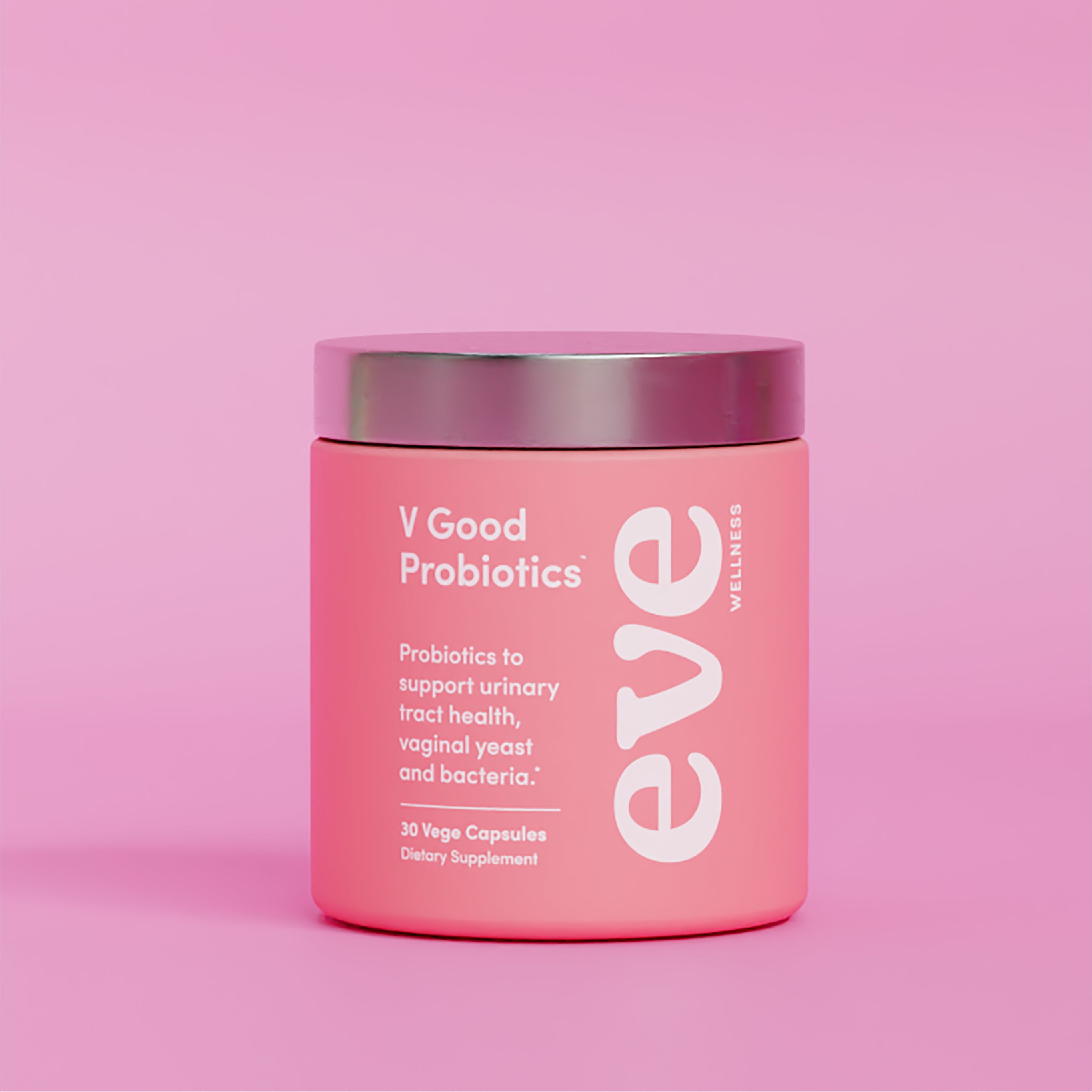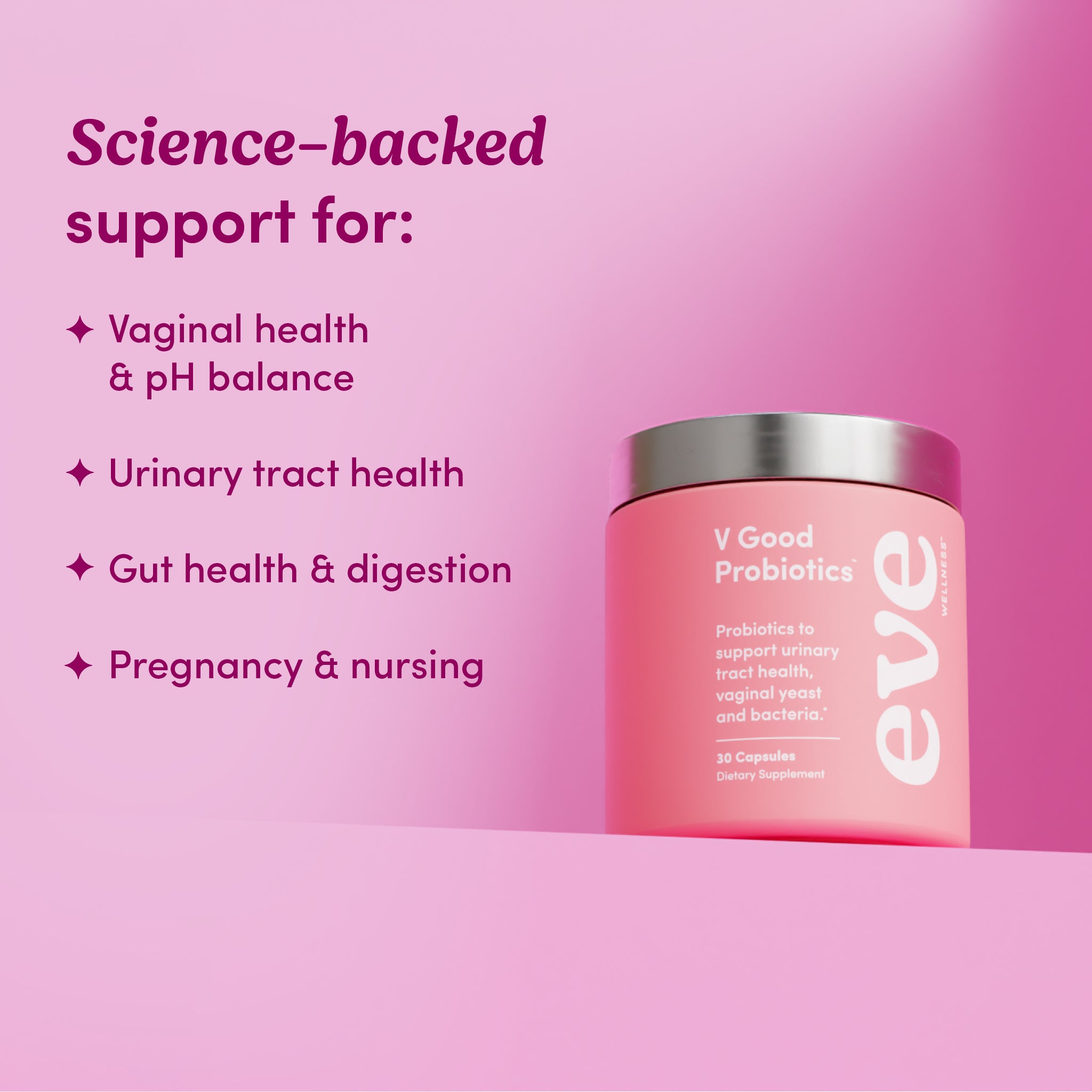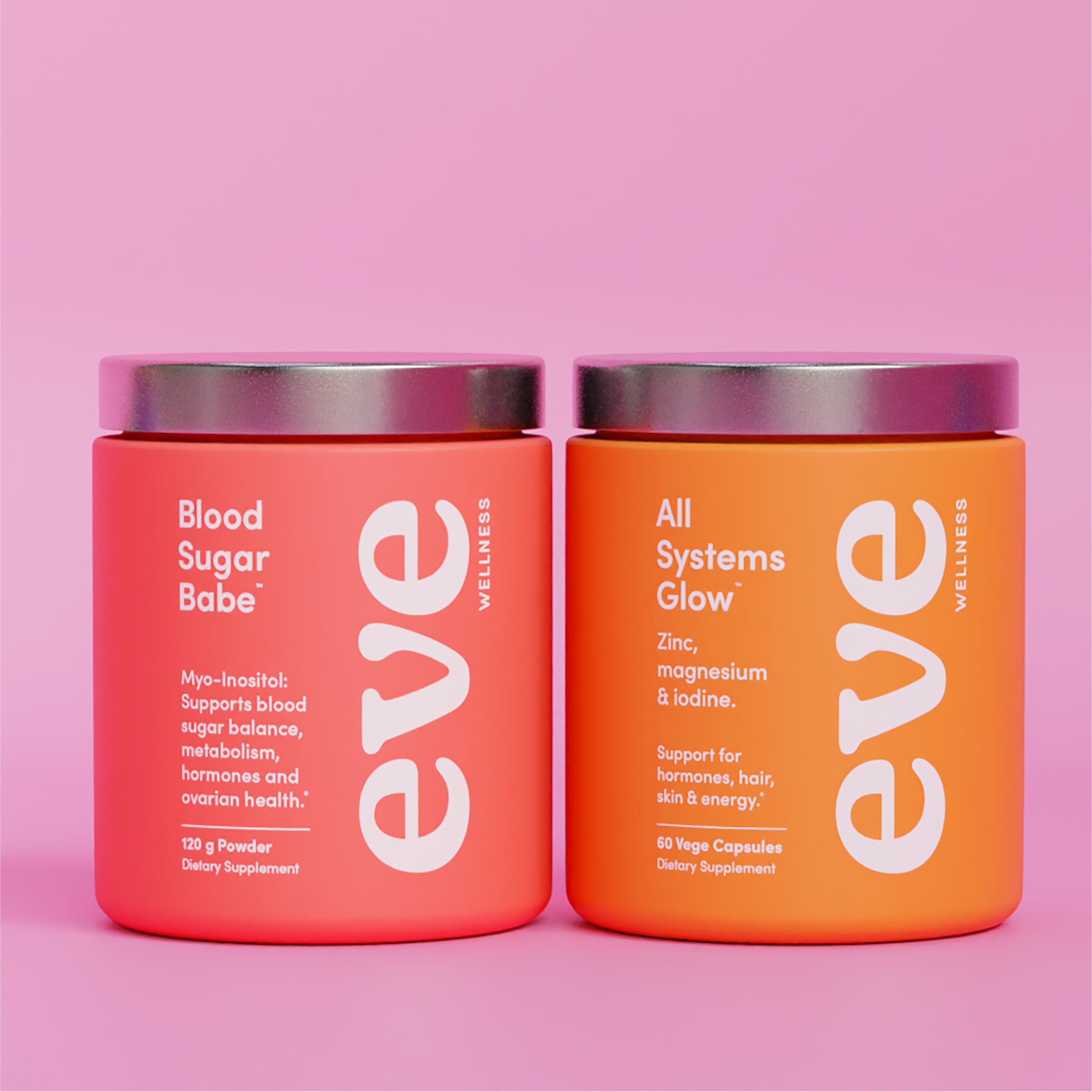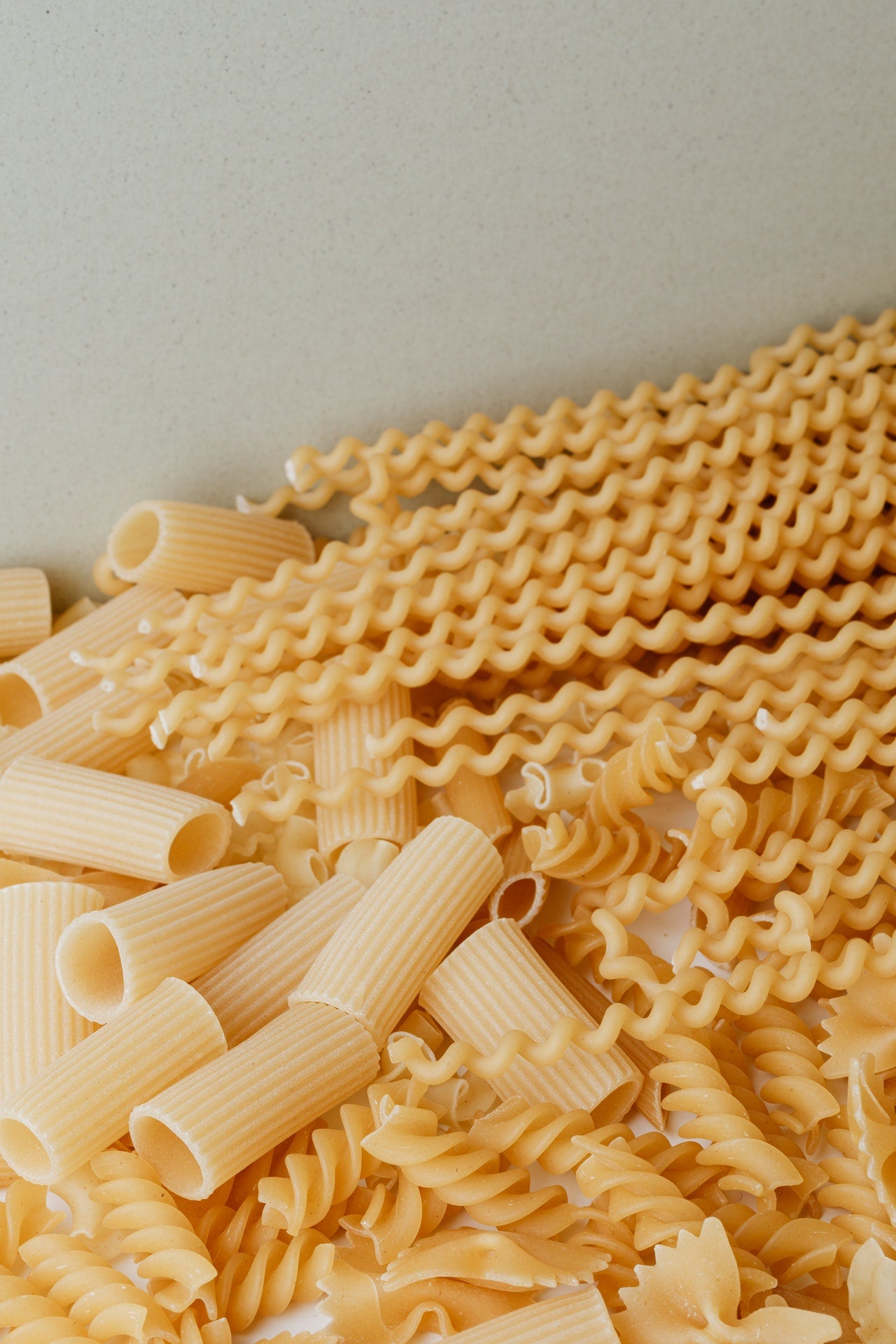In case you’ve been living under a rock, the ketogenic diet is the latest buzz in health spheres. It’s a way of eating that cuts out carbs almost completely, claiming to ‘force’ the body to burn fat for energy instead.
While there's a plethora of claims floating around the internet about how this way of eating helps you to lose weight, never get hungry, have unlimited energy and a new level of mental clarity - there’s very little information out there about the potential consequences on our periods and hormone health.
Is cutting carbs really the ultimate solution to weight loss or is there more to ketosis than meets the eye?
Let’s take a closer look. Here are 5 things you should know about low carb diets and your hormones.
1. Low carb diets affect men and women differently
In the vast majority of research studies in health, fitness and nutrition, women are largely under-represented. This is not meant to be discriminatory, it's just that men are much simpler research subjects - they don’t have a menstrual cycle, their production of sex hormones doesn’t change much day-to-day, and aren't so easily affected by stress and other factors.
The female hormonal system is different in the sense that it relies heavily on a small gland inside the brain called the hypothalamus, and its constant perception of safety—both now and in the near future.
To make healthy, fertile amounts of both oestrogen and progesterone, the hypothalamus must perceive that there is more than likely to be an additional 75,000 calories available to safely survive pregnancy.
If it doesn’t have this faith in the food supply or environment, it makes the sensible decision to switch off reproduction to preserve energy for the sake of your own survival.
This is known as ‘hypothalamic amenorrhea’, and is a common reason for missing periods.
2. Like many things, low carb diets are a stress on the body
Glucose is the preferred fuel source for every cell in the human body. When we restrict carbohydrate intake, we’re starving our bodies, and our brains (the most glucose-demanding organ of them all) of glucose—and forcing them to run on ketones instead.
That being said, not all stressors are bad. Many health-promoting practices such as exercise, cold exposure and saunas are also stressors and, as such, help the body adapt and become more resilient over time.
But when we live busy, modern lives that already involve work stress, relationship stress, traffic stress, bills stress, family stress and whatever else is going on - the low carb diet can become the straw that breaks the camel's back and throws you into hormonal chaos.
3. Because as a general rule, your hormones need carbs
The right kind of carbohydrates (we’re talking starchy vegetables, whole fruit & gluten-free wholegrains) support your hormones by:
- Calming the nervous system and improving cortisol response. When eaten at dinner time, ‘gentle’ carbs help to set up our hormones and nervous system for a high quality, restorative sleep.
- Supporting ovulation and fertility. By letting the hypothalamus know the food supply in your environment is pretty sweet, and it's safe to reproduce.
- Boosting your mood. Carbohydrates and the insulin released when we eat them allow more tryptophan (the amino acid building block for serotonin) to enter the brain, where it is converted to the mood-boosting neurotransmitter, serotonin.
- Promoting a healthy gut. Resistant starches found in potatoes, rice and other whole food sources of carbohydrates act as ‘prebiotics,’ which feed the good bacteria in the gut and promote a diverse microbiome with more good bugs than bad ones.
- Keeping you regular. Complex carbohydrates are also rich in both soluble and insoluble fibre - an essential aspect of every oestrogen eliminating bowel movement.
According to Dr Stacy Sims, exercise physiologist and nutrition scientist specialising in the female athlete: “Women need a minimum of 120-130g of carbohydrates per day, to support baseline health, and more if they are exercising.” And by baseline health, she means basic brain function, hormone production, immunity and maintaining lean body mass.
As a point of reference, a low carb diet is based on around 50g of carbohydrates per day, and a ketogenic diet more like 20g or less.
When we eat less carbs than what our bodies require for basic functioning, it isn’t just our reproductive capacity and periods that are compromised, other side effects can include:
- A slowed thyroid and metabolic rate (which can result in weight gain despite your best low carb efforts);
- Hair loss;
- Constipation;
- Insomnia and increased anxiety;
- Low sex drive.
4. However, there is an exception
One hormone picture in which a lower carb diet can be beneficial is Polycystic Ovarian Syndrome or PCOS.
Although it is a hormonal condition, PCOS is often driven by excess insulin or insulin resistance, which increases testosterone and other androgens and impairs ovulation—stimulating the ovaries to make more testosterone instead.
Reducing carbohydrate intake can be helpful in this instance, as it lowers insulin levels, thereby lowering testosterone and promoting normal functioning of the ovaries.
In a 2005 pilot study, a low carb, ketogenic diet led to significant improvement in body weight, free testosterone levels, LH/FSH ratio and fasting insulin in women with both PCOS and obesity over a 24 week period. In fact, by lowering the androgens that interfere with ovulation, two women became pregnant despite previous infertility problems.
5. We are all different, as are our requirements for carbohydrates
The right amount of carbohydrates for you isn’t so much a one-size-fits-all, or something we can make generic recommendations about. It depends on a whole range of factors, such as:
- Whether or not you have insulin resistant PCOS;
- Whether you are male or female;
- Your levels of body fat and lean muscle tissue;
- Your stress levels;
- Your age;
- Where you are in your menstrual cycle;
- Your energy output and activity levels;
- Whether or not you suffer from a neuromuscular and neurodegenerative disease such as epilepsy, amyotrophic lateral sclerosis, Alzheimers or Parkinson's disease;
- Your genetics and ancestry;
- How you feel after eating carbs.
Our advice? Listen to your body.
We are all different and thrive off different ratios of essential macronutrients - carbohydrates, fats and proteins. Ultimately, it's up to you to eat in a way that makes sense for your body, and helps you to feel your best.
